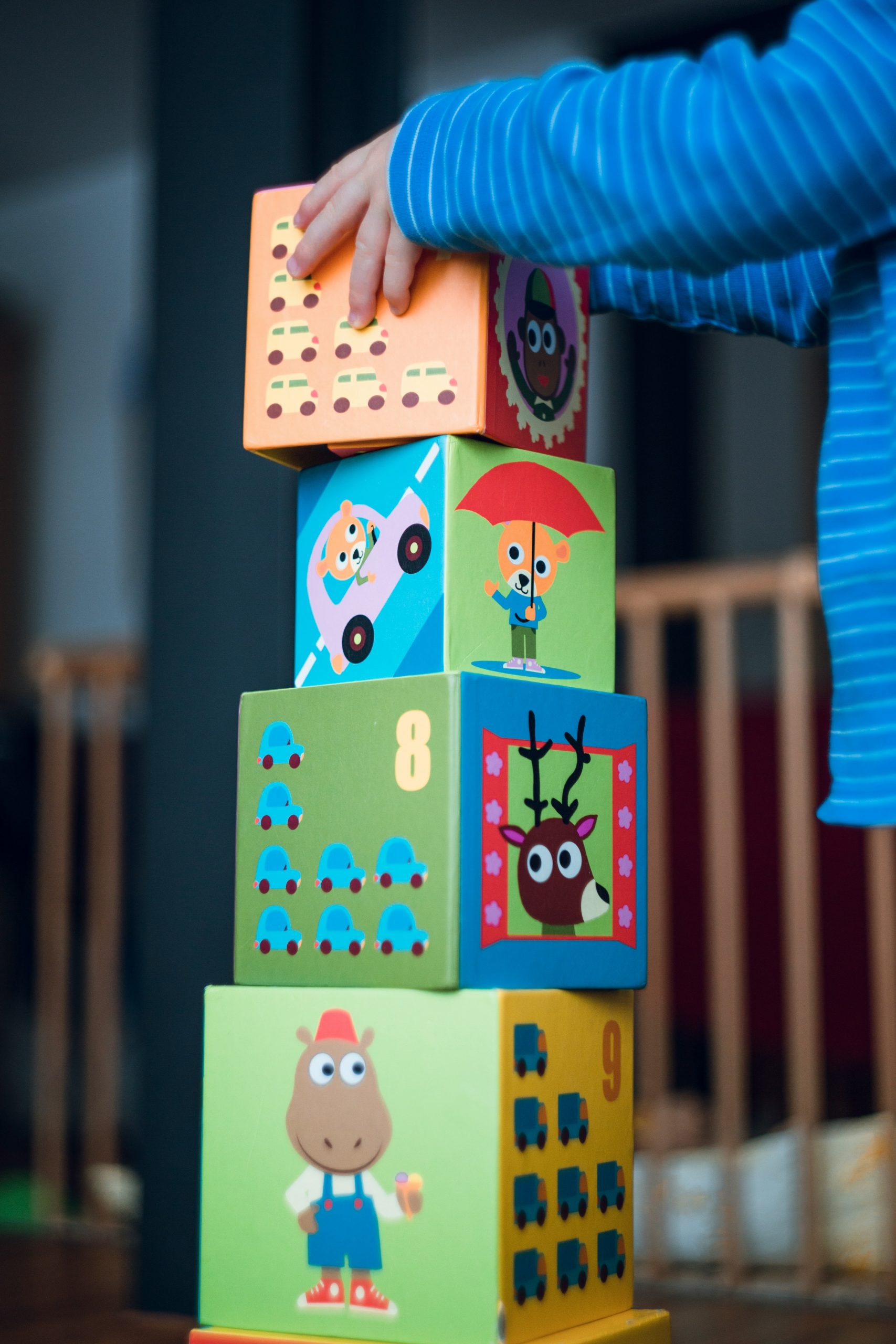
Podcast Episode #55
Working with children can be challenging, especially when they are experiencing emotional struggles. In this episode, Dr. Brenda Murrow examines how children decode emotions in voices and what this means for supporting their social and emotional development through therapy.
Drawing on a 2023 study published in Cerebral Cortex, Dr. Murrow highlights how a child’s ability to recognize emotional tone—particularly sadness—is closely linked to their social communication skills. Rather than avoiding or downplaying negative emotions, tuning in to these cues can actually strengthen a child’s capacity for empathy and social responsiveness over time.
Dr. Murrow also explores the practice of child-led play therapy, illustrating how children often express real-life experiences and emotions through their play. She emphasizes the importance of responding with authenticity, following the child’s lead, and creating a space where children can safely explore complex feelings. Through careful observation, reflective narration, and thoughtful engagement, therapists and caregivers can support children in processing difficult emotions without forcing positivity or over-interpreting behavior.
This episode offers research-backed insights and practical strategies for therapists, educators, and caregivers seeking to approach children’s emotional worlds with empathy, skill, and authenticity. Listeners will come away with a deeper understanding of how emotional decoding and play intersect to support healthy social development and meaningful connection.
Leipold, S., Abrams, D. A., Karraker, S., & Menon, V. (2023). Neural decoding of emotional prosody in voice-sensitive auditory cortex predicts social communication abilities in children. Cerebral Cortex, 33(3), 709–728. https://doi-org.pgi.idm.oclc.org/10.1093/cercor/bhac095
Subscribe to our podcast and never miss an episode. New episodes are available to stream or download via these and other podcast apps:
waterville
sabetha
manhattan
Keep in touch
Join our mailing list!